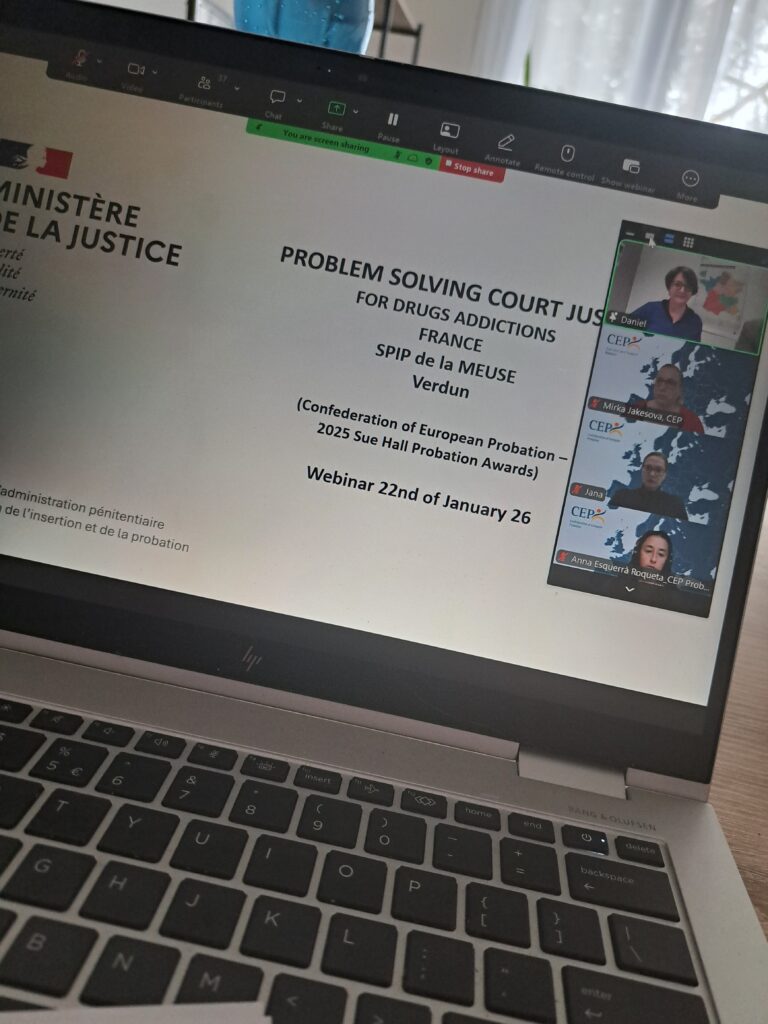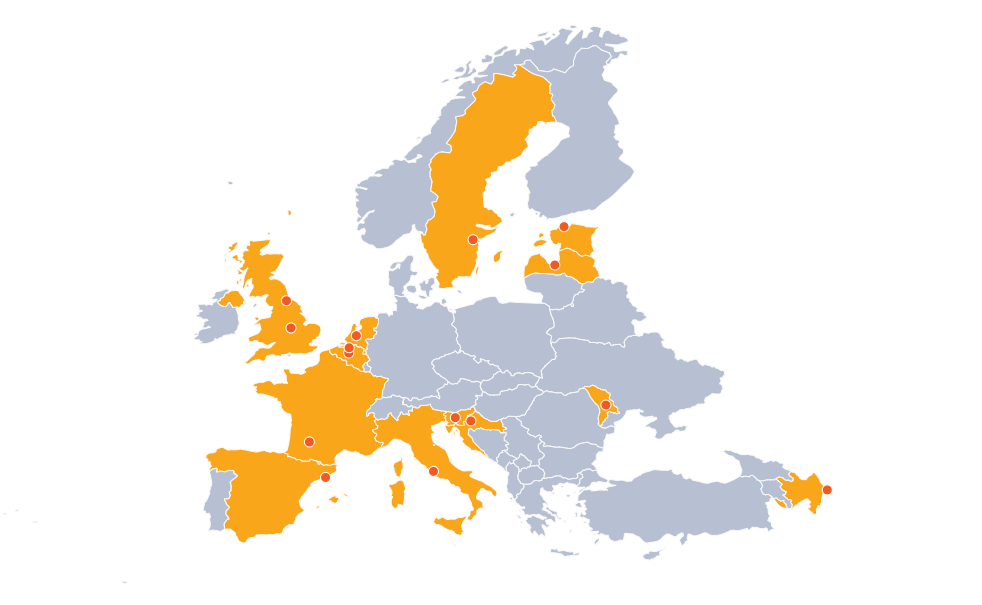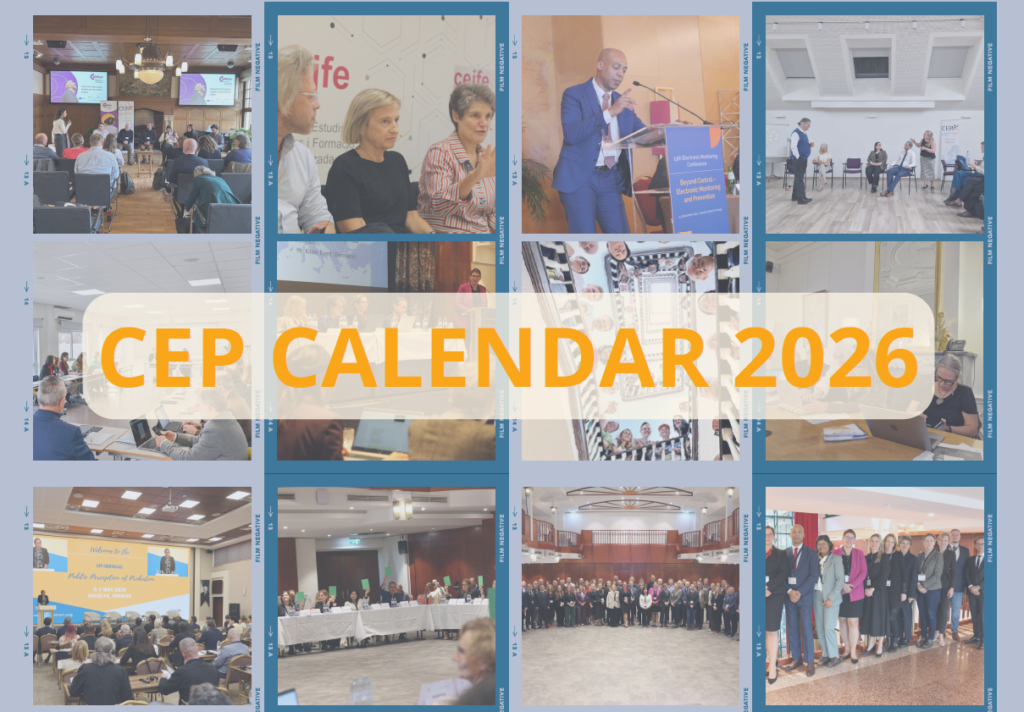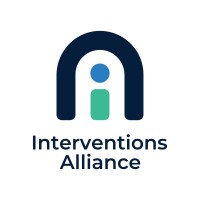Previous Article
News
Back on track, preventing radicalization among prison immates
In 2012 started the pilot project Back on Track, aiming on preventing radicalization among prison inmates. A very current issue, which will also be on the agenda of the International expert event on radicalisation and violent extremism on 14 October in Barcelona. Annette Esdorf from Kriminal Forsorgen, the Danish Prison and Probation Service, shares the insights of the project.
In the special environment of prisons, inmates often face a difficult task of establishing their identity, building a social network and relations. Experience shows that there is a risk that some prison inmates have a negative influence on others. Thus, persons convicted of terrorism, or who exhibit some other form of extremist behaviour, may influence their fellow inmates adversely, and thereby contribute to the emergence of an extremist environment. With the pilot project ”Deradicalisation – Back on track” from 2012, the Danish Ministry of Social Affairs and Integration collaborated with the Danish Prison and Probation Service in developing and testing a mentoring scheme that may help to prevent and counteract crime related to extremism, whether it is right-wing, left-wing or religious forms of extremism. The mentoring scheme was specifically targeted at inmates and remand prisoners who are charged with or convicted of terrorism, or whose offence is subject to aggravating circumstances, because of hate crimes motivated by the victim’s ethnicity, political persuasion, sexual orientation or similar. The target group also comprised inmates or remand prisoners who are deemed vulnerable to radicalisation.
The purpose of the mentoring effort
The aim of the mentoring scheme is to help inmates become better at tackling everyday situations, problems and conflicts. The role of the mentor will be to support and strengthen the inmate’s motivation to opt for a lifestyle free of crime, and to build new relations in non-criminal and non-extremist environments. In the course of the mentorship, focus is on involving the inmate’s family and social network outside of prison, giving them an active role, both during remand, during prison sentence and in connection with the inmate’s re-entry into society. In the re-entry phase, the mentor must furthermore assist the mentee in dealing with concrete challenges surrounding the release. This could be by helping the mentee find a place to live, an education or job, and in the form of support to build new social relations.
Training of mentors
An important element in the project is training of the mentors and hereby strengthening their competencies in relation to various dialogue techniques, coaching and conflict management skills. The mentors must possess the necessary insight and tools for planning and tailoring a mentorship that also accommodates the fact that the mentee is in prison or remanded in custody. To a large extent, the training also focuses on how the mentee’s family and network can be actively involved in the mentorship.
Organisation of the project and the mentoring scheme
The mentoring effort has been organised within the framework of an existing mentoring scheme under the Danish Prison and Probation Service. The project has been carried out as a collaboration between the Danish Prison and Probation Service and the Danish Ministry of Social Affairs and Integration. The Danish Security and Intelligence Service participated in a working group, whose purpose was to ensure the coordination of the effort. A group of 10 mentors have been trained, and among these, 2 persons have been trained as mentor coaches, who can support and supervise the other mentors throughout the project. The mentors and mentor coaches have primarily been recruited from the existing mentor corps of the Danish Prison and Probation Service, and from the existing mentoring project “Deradicalisation – targeted intervention”, which is supported by the EU. In the mentorships, the coaches act as supervisors to the mentors. In the recruitment of the mentors it has been emphasised that they have previous experience with mentoring, with the prison service or similar types of efforts. The training of the mentors has been carried out primarily by psychologist Malene Windfeldt and the consultancy firm Navigent. The Danish Ministry of Social Affairs and Integration has provided teaching in subjects related to extremism and radicalisation.
Learning from Back on Track
The aim of the mentoring effort is to contribute to preventing extremist forms of crime among the target group of prison inmates. The experiences gathered from the project have been used in the expansion of the special mentoring scheme within the Danish Prison and Probation Service that is targeted individuals at special risk, especially relating to extremism. It is the overall assessment that individual and specialized interventions such as this type of mentorship scheme for this target group is much needed and of great value, when it is part of a larger and structured scheme of rehabilitation, and when is it established in cooperation with the relevant authorities.

Related News
Keep up to date with the latest developments, stories, and updates on probation from across Europe and beyond. Find relevant news and insights shaping the field today.
New

Alternatives to pre-trial detention, Community Sanctions and Measures, Framework Decisions, Technology
Future of Criminal Justice: CEP’s Contribution to Key 2025 Dialogues
27/01/2026
Throughout 2025, CEP and its representatives actively participated in the online Technical meetings ahead of the HLF as well as the High Level Forum on Future of Criminal Justice taking place on 4-5 March 2025, 20-21 May 2025 and 1-2 October 2025 in Brussels, Belgium.
Recap

Alternatives to pre-trial detention
Recap: Webinar on Alternatives to Detention 2026
26/01/2026
On Thursday 22 January, CEP hosted the first webinar of 2025 on the topic of Alternatives to Detention. The session led by Ms. Marina Pajoni from the French Prison and Probation Service titled „Problem Solving Justice in Pracitce: The Meuse Probation Service´s Approach to Drug Addiction“ introduced an innovative programme developed by the Meuse Probation Service in close cooperation with the French Ministry of Justice.
New

Education and Training
CEP launches an interactive European map of probation education and training institution contacts
22/01/2026
The CEP is pleased to inform its members that a new dedicated section has been developed on the CEP website featuring an interactive map of Europe.
New

CEP Events
CEP activity calendar 2026
20/01/2026
As we begin the new year, we would like to thank all CEP members, partners, and participants for your continued engagement and valuable contributions. Your involvement plays an essential role in shaping CEP’s work and activities.
We are pleased to share the CEP calendar for 2026, which provides an overview of the events planned for the year ahead. We look forward to continuing our collaboration and welcoming you to upcoming CEP activities throughout the year.
Thank you for being part of the CEP community.
New

CEP members, Gender-based violence
Interventions Alliance’s Eden House Recognized as Outstanding
15/01/2026
CEP is delighted to share that Eden House, an Interventions Alliance residential service for women with high-risk or complex needs on probation, has been rated “Outstanding” overall by HM Inspectorate of Probation. In 2022, Eden House was honored with the CEP Public Protection Award. Our sincere congratulations to the team for this remarkable achievement.
New

Education and Training
The Judicial Training Dashboard
14/01/2026
The European Training Platform (ETP) is a search tool for justice professionals. You can find self-learning materials on a great variety of EU law practice areas and related topics, as well as links to training providers’ homepages and course catalogues.
Subscribe to our bi-monthly email newsletter!
"*" indicates required fields
- Keep up to date with important probation developments and insights.

